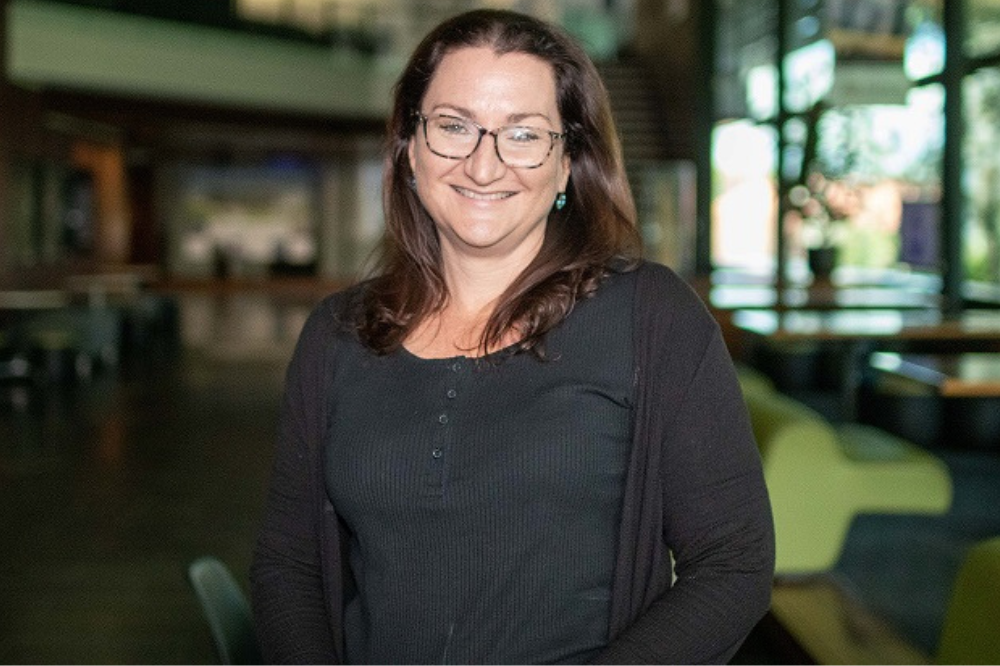
At Brisbane Grammar School (BGS), a successful whole-of-school strategy is seeing student outcomes going from strength to strength.
In the first two years of the introduction of the ATAR in Queensland, BGS has achieved outstanding academic results, scoring 94.6% in 2020 and 95.3% in 2021.
A driving force behind this success is the school’s Effective Thinking Cultures project, which was developed through the integration of internal research, professional experience, and educational research literature.
The project, launched in 2017 at the beginning of the curriculum and assessment changes in Queensland, was designed to create a constructive alignment in curriculum, pedagogy and assessment while also focussing on preparing students with 21st century skills that will guide them into their unknowable futures.
Dr Hannah Campos-Remon, the Director of Organisational Learning at BGS, said the pivotal 2017 strategic imperative was to “position BGS graduates as learning-ready citizens in a rapidly changing, unpredictable, global environment”.
“A related imperative was to align classroom practices with the re-introduction of external exams as the culminating Year 12 assessment, commencing in 2020,” she told The Educator.
“Consequently, the rationale for the project was a desire to ensure consistent quality of classroom practice and/or student experience.”
Dr Campos-Remon said this included classroom cultures where students are wholly receptive; teachers’ traditional mental models developing students’ meta-strategic thinking; and a whole school mandate requiring teachers to engage in professional learning and practice in Effective Thinking Cultures to ensure equity between classroom cultures and the learning opportunities they afford students.
There have been some positive impacts on both students and teachers at BGS as a result of the project, said Dr Campos-Remon.
“There has been a systematic engagement in ongoing professional learning focused on annual pedagogical priorities, spaced through the year, based in collaborative professional conversation, and supported by a cohort of peer lead learners,” she said.
“In addition, our previous professional culture has been enriched through an emphasis on collaborative professionalism, consistent use of an evidence-informed language of learning, and a structured focus on intentionality in planning for and implementation of classroom practices that support students’ effective thinking.”
Dr Campos-Remon also noted “a school-wide focus on optimising the learning value of BGS’ classroom cultures”.
“For students, two significant impacts have been the deepening and strengthening of their valuing of and engagement in collaborative learning, and their fluency and sophistication of their understanding of themselves as learners and the strategies they employ to optimise their learning, including their use of a language of learning.”
Dr Campos-Remon said the school’s biannual evaluations of progress have informed the project’s work throughout.
“Our initial foci have reflected a focus on teacher’s classroom practices. The next steps involve directing more attention to both our academic middle leaders and our students,” she said.
Dr Campos-Remons said this will involve strengthening the school’s focus on the development of the pedagogical leadership of its academic middle leaders, and a stronger focus on the use of data to give deeper attention to the student experience.
“This includes the leadership of and engagement in cohort-level research, and their development of their individual capacity for and use of self-regulation of their learning activities,” she said.
“BGS will also be developing strategies to optimise the induction of both new staff and new students to the expectations and practices associated with our Effective Thinking Cultures.”
Brisbane Grammar School was recently named in The Educator’s Innovative Schools 2022 list.


